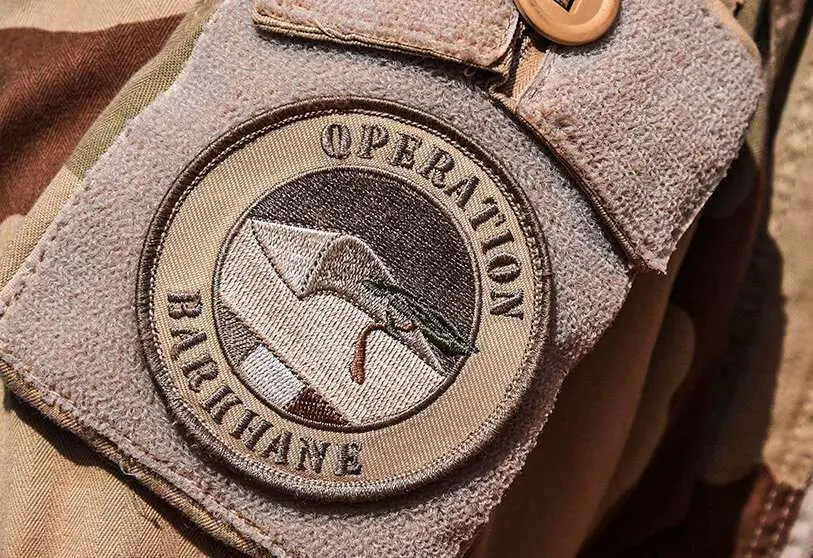The EU's responsibility in the Sahel

Recent events surrounding the stability of Africa's Sahel region do not give cause for optimism. Climate change-induced desertification is wreaking havoc on a population that is finding it increasingly difficult to continue living in increasingly less fertile terrain. Not to mention, of course, the threat posed by terrorism in an area that is becoming more endangered by the week. This is one of the fundamental reasons why the European Union must take action and make an effort to ensure the aid that the Sahel deserves, in order to deal with one of the most complex situations in living memory.
The different visions and possible solutions to this crossroads were discussed in a series of talks organised by the Francisco de Vitoria University (UFV) under the name 'Sahel-Europe Dialogue'. The event ended on Wednesday with an event that brought together leading experts to discuss contacts between Europe and the Sahel, moderated by Dr. Ignacio Cosidó, director of the Centre for International Security of the UFV Institute of International Politics.
Terrorism is one of the causes endangering Sahelian society, especially in countries such as Mali, where radicalisation has been rapid - ten years ago it would have been difficult to imagine reaching this point - but also dangerous. Julio Herráiz España, Spain's Ambassador-at-Large for the Sahel, warned of the terrorist actions that could be in the pipeline, saying that Spain "is in the crosshairs of several terrorist organisations". The continuous allusions to Al-Andalus by various terrorist cells mean that "we cannot let our guard down". However, he also wanted to stress that there is no need to be shocked, although we must remain attentive at all times to the development of events taking place in the Sahel.
A number of strategies have been in place to deal with terrorism for some time now. Not only has this not diminished, but investment by organisations such as the European Union has increased considerably in the last five years. This was explained by María Sánchez Gil-Cepeda, a trained lawyer specialising in EU law, who also stressed that we must be flexible in all our strategies and be able to adapt to a changing threat, such as terrorism. To this end, it is also essential to maintain a constant dialogue with Spain's partners outside its borders, for example, in order to facilitate actions far from our territory.

Francisco José Dacoba Cerviño, Director of the Spanish Institute for Strategic Studies, Infantry Brigadier General and General Staff graduate, also wished to address such an important issue. In his opinion, it is a highly complex issue in which actors involved cannot act on their own and where all parties must negotiate in order to find a common ground. Referring to this, he stressed that "there is no military solution, it is much more complex". One cannot end overnight an issue as deep and far-reaching as the one surrounding the Sahel.
The director of the magazine Atalayar, Javier Fernández Arribas, placed special emphasis on the task of journalism, which must expose the facts in order to "convince that what is happening in the Sahel is a matter of National Security". Europe's stability is also at stake in this region, and for this reason, among other things, the EU must make an effort to guarantee the security that the population sees as increasingly threatened.

However, while the fundamental threats lie in terrorism and desertification, it should not be forgotten that there are other very dangerous problems in North Africa, as Nizar Derdabi, an independent analyst of international strategy, pointed out. The cocaine and cannabis trafficking network in which countries such as Morocco and Libya are immersed is extremely dangerous. Morocco has a long-standing relationship with cannabis - which has now become a legal substance, depending on production and consumption - and has taken advantage of the instability in the country led by Abdul Hamid Dbeiba.

Based there, a criminal network is organised connecting North Africa with Europe and the eastern Mediterranean. Moreover, the border limitations encountered by the police and coastal forces are exploited by organisations that find it easier to distribute their merchandise through Western Europe than through the Strait of Gibraltar. Although, the cross-strait connections between Morocco and southern Spain are still active, despite shifting a large part of their transactions - especially cannabis - to areas closer to Greece and Turkey.








